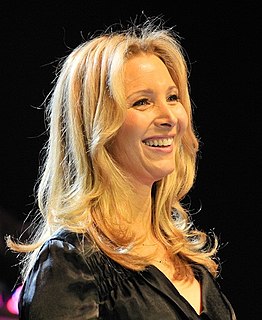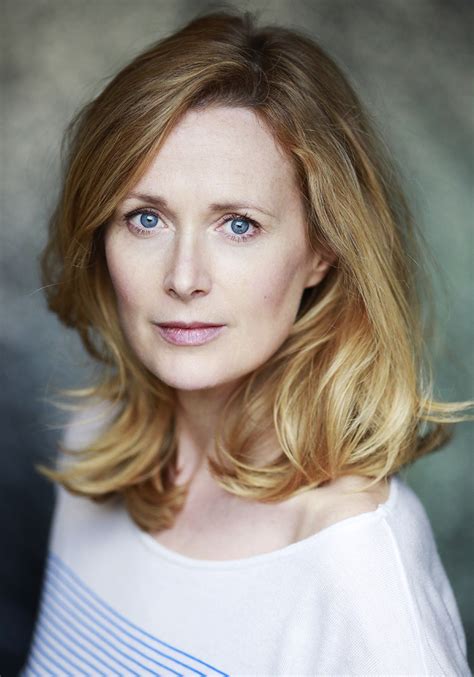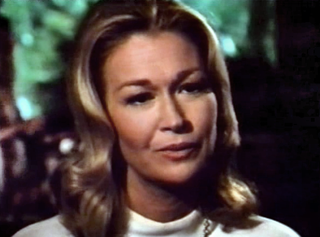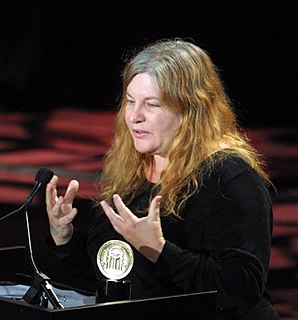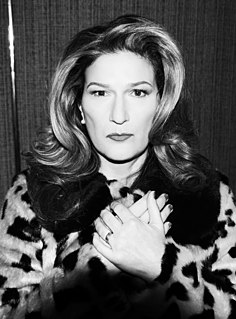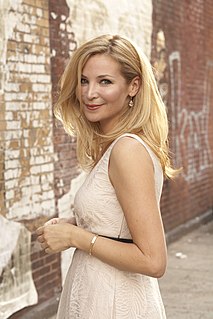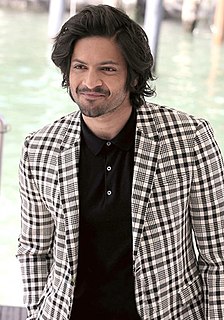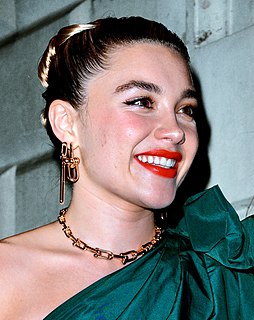A Quote by Lisa Kudrow
I always felt like I could be funny, but there was a part of me that always judged actors so harshly... I thought all actors were dumb-that they must have serious emotional problems. Even if they don't, that's the perception I had of them. I didn't want anyone to see me that way.
Related Quotes
I've always thought that when anyone receives an award for acting they should always thank their fellow actors, because the only way you're going to deliver your best performance is when you have other good actors on the set supporting you and being very present for you even when the camera is not on them.
I do think there are some actors that can get away with trying to be funny, and they're still funny because they're just likeable, and you want to see them. Me, though, when you see me trying to be funny, it's like the worst thing in the world. It's needy, it's cloying, it's manipulative - it's bad.
When I got into the movie business, working with actors was the one thing I was really weak at. I didn't know what to say to actors. They scared me and intimidated me. The actors that I've worked with who have had a lot of experience, or who I've even grown up watching as a kid, were really scary. I was like, "What am I going to say to this person?" But, I've matured. It's fun. I understand what actors do now.
I wanted to be an actor ever since I was five. My grandparents - my mom's parents in New York - were stage actors. I think indirectly I wanted to do it because of them. My grandfather would tell me stories about Tennessee Williams and actors he worked with in New York. He had such a respect for acting and such a love for storytelling about that world. I grew up hearing him tell tales of it.They were never encouraging me or discouraging me to take part. They were always feeding me with theater.
The best thing you can do with actors is collaborate with them. My job is to inspire them to give their best. And they're only inspired if they feel they are part of the creative process, otherwise they'll shut down. So my goal is always to ask people what they would like to do before I even say my opinion. I usually don't know anything until I see it. I'm a fetish filmmaker - I make films based on what I want to see.
We live and breathe words. .... It was books that made me feel that perhaps I was not completely alone. They could be honest with me, and I with them. Reading your words, what you wrote, how you were lonely sometimes and afraid, but always brave; the way you saw the world, its colors and textures and sounds, I felt-I felt the way you thought, hoped, felt, dreamt. I felt I was dreaming and thinking and feeling with you. I dreamed what you dreamed, wanted what you wanted-and then I realized that truly I just wanted you
I think we need to reckon in a very serious way with the emotional content of news and the way that people perceive facts and their perception of their situation and to me I think the tabloid is like fundamentally an emotional form of journalism and that kind of emotional valence is what distinguishes it from the broad sheet.
